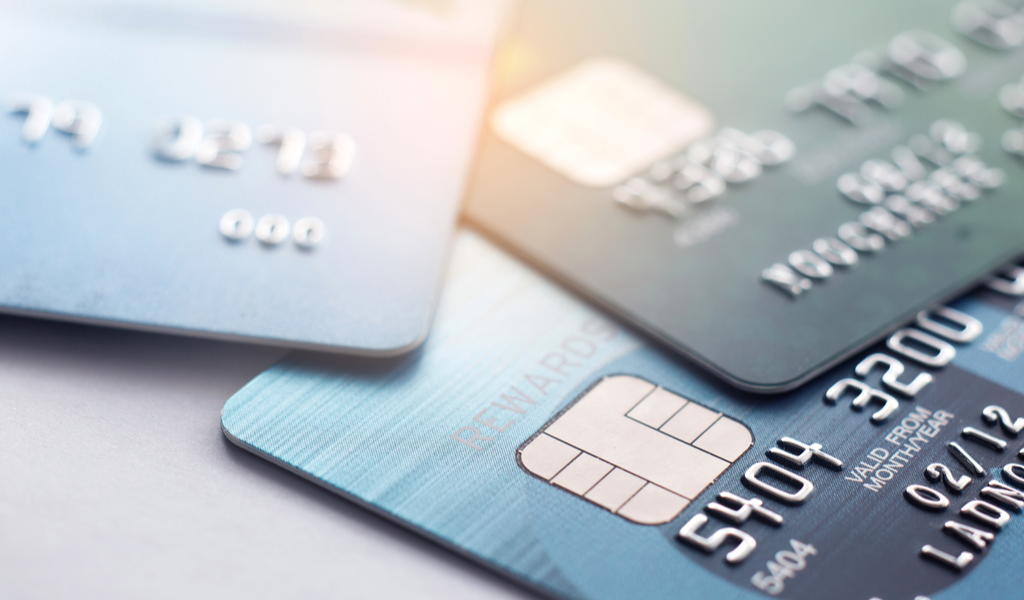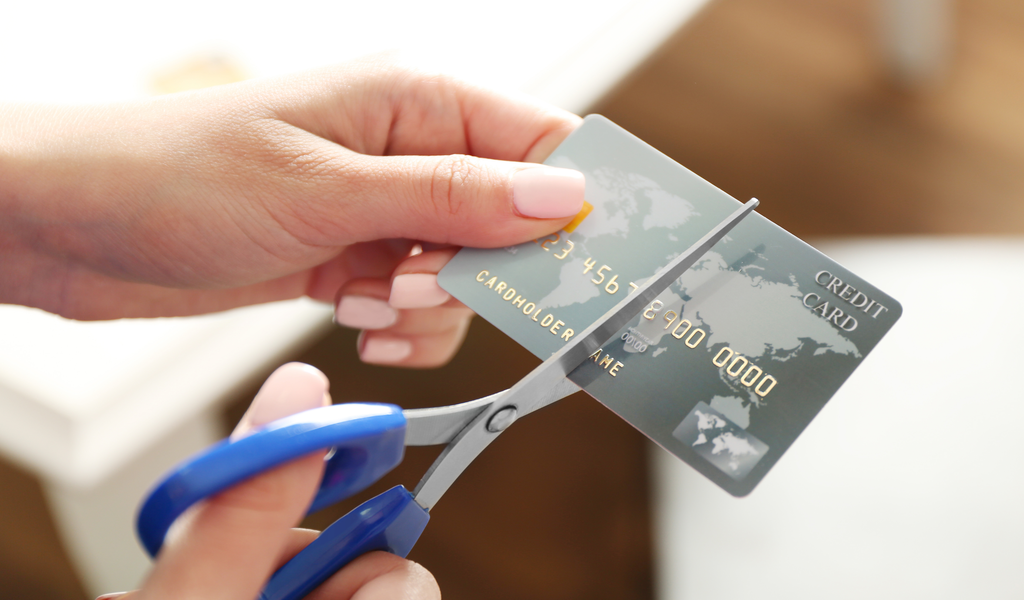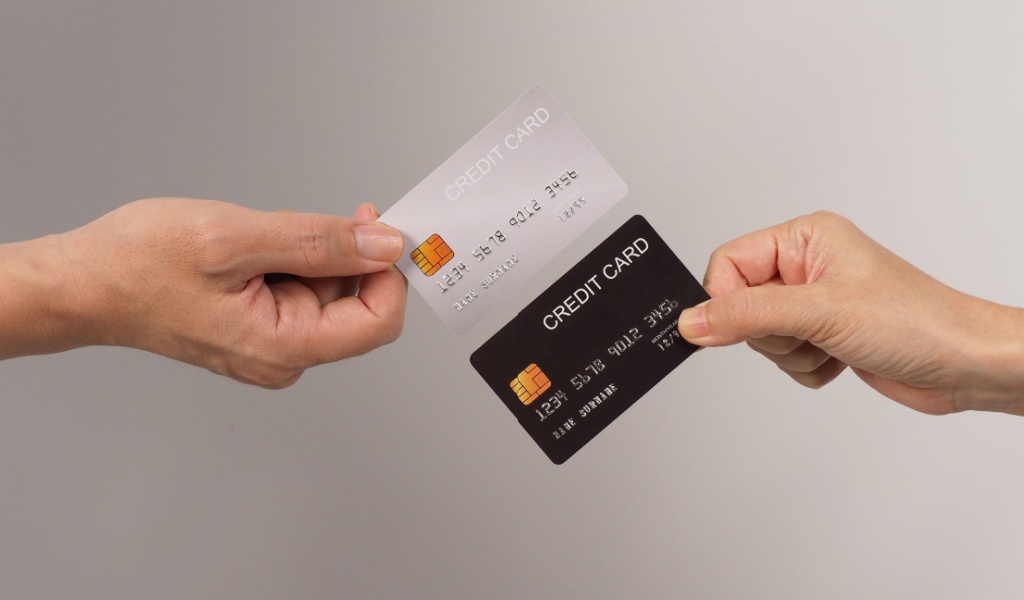Credit cards are pretty widely used these days. While some people use credit cards for the amazing offers and discounts that most of them provide these days, for others, it may even be seen as a form of short-term loan.

However, there is a lot of misinformation about credit cards that seem to go around. It may seem harmless but these credit card myths could stop you from taking full advantage of this financial tool that is so easily available to you. Here are some common misconceptions about credit cards:
Credit Cards Allow You to Spend More
Credit cards can be amazing tools that help you out of a pickle in case of an emergency. Or maybe you like to follow the deals and take advantage of the card’s offers. Nevertheless, it’s always better to err on the side of caution when it comes to using credit cards. That isn’t to say that you shouldn’t use them – they do come with several advantages.
However, a good rule of thumb for spending (whether it be using a credit card or otherwise) is to never spend more than what you know you can afford. Just remember that you have to pay up at the end of the month no matter what and failing to do so only creates a snowball effect of debt. And before you know it, you could be buried and hard-pressed to find a way out of it!
Don’t Pay the Full Balance Every Month
You’ve probably heard that credit cards are a good way to build up your credit score. While this is true, people also like to follow up by saying that you shouldn’t pay back your full balance to help do the same. That, however, is not true.
You may have heard that you should only pay the minimum balance every month. In reality, it’s better to pay off your balance whenever possible. If you can afford to do so, always make sure to pay the full balance whenever possible. There are many ways to build a good credit score and paying high-interest rates on your credit card balance is not one of them.
Don’t Increase Your Credit Limit
It might make sense to think that increasing your credit limit would be a way to tempt you to spend more. But if you aren’t already spending the full limit, it’s a good indication that you are financially responsible and therefore, unlikely to do so. In fact, having a higher credit limit without increasing your spending/debt will be favorable to your credit score.
This is because of something called the credit utilization ratio This is the percentage of a borrower’s total available credit that is currently being utilized. Therefore, using a smaller percentage of your total available credit will result in a lower credit utilization ratio which is better for your credit score.
Don’t Apply for New Credit Cards
The reason behind this misconception actually does have some merit, although it may not be as dire as you are led to believe. When you apply for a new credit card, the provider makes a request for your credit history called a “pull”. Too many pulls within a short period of time give the impression that you are facing financial difficulty but applying for one card won’t impact your credit score.
On the contrary, many cardholders report that their credit score actually goes up when they receive a new card. A new credit card will increase your credit limit, and given you don’t use all of it, it will lower your credit utilization ratio.
Cancel Old/Unused Credit Cards
It may seem like the responsible thing to do to cancel old cards that you have paid off or those that you do not use anymore. However, this can actually hurt your credit for the same reason that opening new cards help it – credit utilization. Reducing your credit limit without reducing your debt is just a way to increase the credit utilization ratio and that’s not the smartest thing to do.
Longstanding credit is also a great way of showing you’re responsible through a history of good financial behavior such as on-time payments. If you are worried about the temptation to spend, a better idea would be to keep the accounts open but get rid of the cards. This way, it’s not so easily available to you – although a replacement card is just a phone call away.

Don’t Check Your Credit Score
One of the most common misconceptions about credit is that you should check it frequently. This is because when you check it, an inquiry goes into your credit report and too many of these inquiries can be a bad thing. However, there is a difference between an inquiry made by a lender (such as when you apply for a new loan or credit card), which is called a hard inquiry, and when you check it yourself, called a soft inquiry. Too many hard inquiries within a short period of time signal debt and that’s why it’s said to be bad.
Soft inquiries, on the other hand, are harmless and may even show indicate financial responsibility as it shows you monitoring your credit reports regularly. It is a good idea to monitor your credit report throughout the year because you can spot any errors before it makes a major impact on your score. Plus, since identity theft is actually quite common in the United States, keeping track of your credit report can help you get help quickly if you suspect you’ve fallen victim to it.
Higher Credit Card Usage is Good
You may have heard that spending more through your credit card helps you get a better credit score, but the truth is that your spending patterns don’t really count at all. Others go even further to say that you should use at least 30% of your card limit to build good credit.
However, this cannot be further from the truth. The best percentage of your limit to use is actually 0%! In fact, the most important things are having a good history of being financially responsible and making on-time payments. You should also make sure that your credit utilization ratio is low across all loans, your credit cards included. It’s definitely not worth paying high-interest rates on your balance to build credit when it would actually only end up hurting it!



